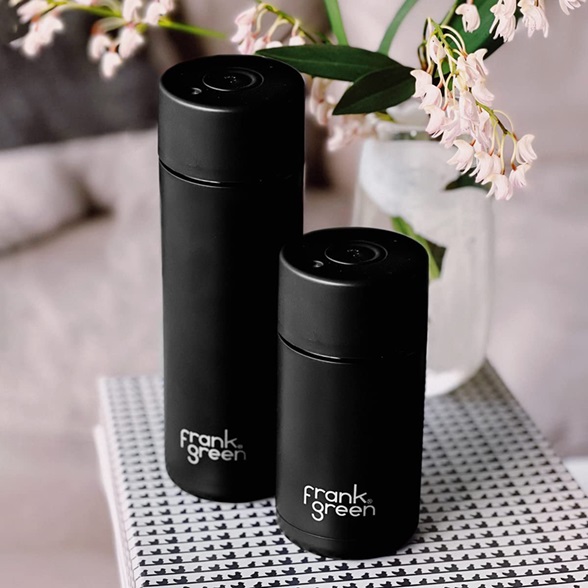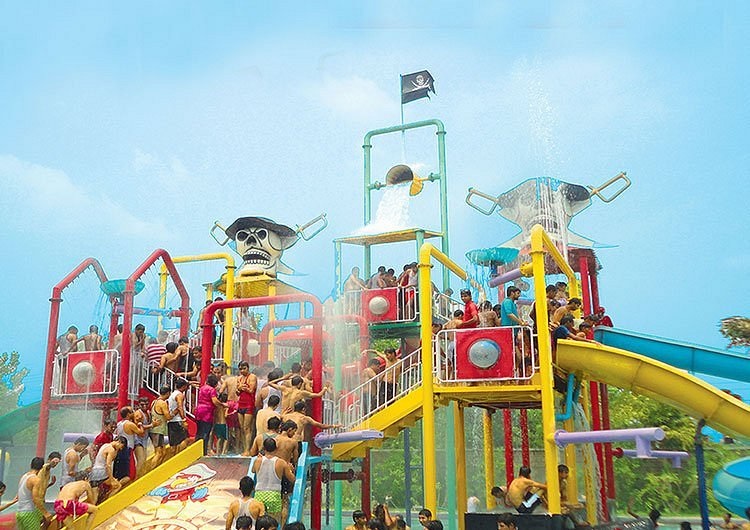In the modern era of education, where digital distractions and academic pressures often overwhelm students, finding ways to make learning enjoyable has become increasingly important. Traditional methods of study can sometimes feel tedious, causing learners to lose motivation. However, there’s a timeless tool that has proven to not only enhance learning efficiency but also make the process more enjoyable—flashcards. This simple yet powerful method can turn mundane study sessions into engaging and fun activities, allowing students of all ages to grasp concepts more effectively.
Flashcards have long been recognized as a valuable educational tool, and their appeal lies in their simplicity. A flashcard typically has a question on one side and an answer on the other, making it a straightforward way to quiz oneself on various topics. This format encourages active recall, a process where learners are prompted to retrieve information from memory, thereby strengthening neural pathways and aiding long-term retention. But beyond this cognitive benefit, flashcards also introduce an element of play into learning, which can significantly increase motivation and enjoyment.
One of the reasons flashcards make learning enjoyable is their adaptability. They can be used to study almost any subject—whether it’s vocabulary for a new language, historical dates, scientific formulas, or even complex theories. The flexibility to customize flashcards according to personal needs and preferences makes them an ideal tool for personalized learning. For instance, younger students can decorate their flashcards with drawings and colors, turning study sessions into creative activities. Older students can create more sophisticated cards that challenge their understanding and critical thinking skills.
In addition to being adaptable, flashcards can easily be integrated into different learning styles. For visual learners, flashcards can include images, diagrams, or color-coded information to make concepts more accessible. Auditory learners can benefit from reading the cards out loud, reinforcing the material through both sight and sound. Kinesthetic learners, who learn best through physical activity, can benefit from the act of flipping through the cards, which adds a tactile element to their study routine. By catering to various learning styles, flashcards help ensure that studying is not only effective but also enjoyable for everyone.
Another key aspect that makes flashcards a fun learning tool is their portability. Unlike bulky textbooks or notebooks, flashcards are compact and lightweight, making them easy to carry around. This allows students to study in a variety of environments—on the bus, during a lunch break, or while waiting in line. The ability to study in short, frequent bursts can turn otherwise idle moments into productive learning opportunities, adding a sense of accomplishment and progress to the day. Additionally, studying in different settings can help keep the mind engaged, reducing the monotony that often accompanies more static study methods.
The gamification aspect of flashcards also contributes to making learning more enjoyable. Many digital flashcard apps have incorporated features such as progress tracking, achievements, and leaderboards, which add a competitive element to the study process. These features tap into the brain’s reward system, providing a sense of gratification with each milestone achieved. Whether you are challenging yourself to improve your score or competing with friends, the game-like nature of flashcards can motivate you to study longer and more frequently, all while having fun.
Moreover, the act of creating flashcards can be an enjoyable learning experience in itself. When students make their own flashcards, they are required to process the information deeply to break it down into digestible parts. This process not only helps in understanding the material better but also allows for creative expression. Choosing how to phrase questions, selecting images or symbols, and deciding on the layout can make the task of creating flashcards feel less like a chore and more like a creative project. This engagement with the material on multiple levels can lead to a deeper and more satisfying learning experience.
For those who prefer a more digital approach, modern technology has made flashcards even more accessible and enjoyable. Various flashcard apps are available that allow users to create, share, and study flashcards on their smartphones, tablets, or computers. These apps often include features like spaced repetition, which schedules reviews based on how well you know each card, helping to optimize study time. Some apps even allow for collaboration, enabling users to share decks with classmates or study partners, fostering a sense of community and shared learning.
If you are looking to explore digital flashcards and make your learning experience more enjoyable, you might want to visit the Anki Pro website. Anki Pro offers a powerful platform where you can create and customize your own digital flashcards, access pre-made decks, and take advantage of advanced features like spaced repetition and multimedia integration. By using Anki Pro, you can transform your study routine into a more dynamic and engaging experience, making learning something you look forward to rather than dread.
The social aspect of flashcards also adds to their appeal. Group study sessions with flashcards can be highly interactive and engaging, allowing students to quiz each other, discuss answers, and even compete in friendly games. This collaborative approach not only makes studying more enjoyable but also enhances understanding by exposing students to different perspectives and explanations. Additionally, teaching peers using flashcards can reinforce the material for the tutor, as explaining concepts to others is one of the most effective ways to solidify knowledge.
To make the most out of flashcards and ensure they remain a source of enjoyment rather than stress, it’s important to approach them with the right mindset. Instead of viewing them as just another study tool, think of flashcards as a way to engage with the material on a deeper level. Set small, achievable goals for each study session, and reward yourself for reaching them. Mix up your study routine by using flashcards in different environments or incorporating them into games and challenges. By keeping the process varied and fun, you can maintain your enthusiasm and motivation throughout your learning journey.
In conclusion, flashcards are a versatile and effective tool that can make learning both enjoyable and efficient. Whether you’re using physical cards or digital versions, flashcards offer a unique blend of cognitive benefits and entertainment value. They encourage active recall, cater to different learning styles, and can easily be incorporated into various aspects of daily life. By integrating flashcards into your study routine, you can transform the way you learn, turning even the most challenging subjects into a fun and rewarding experience.



